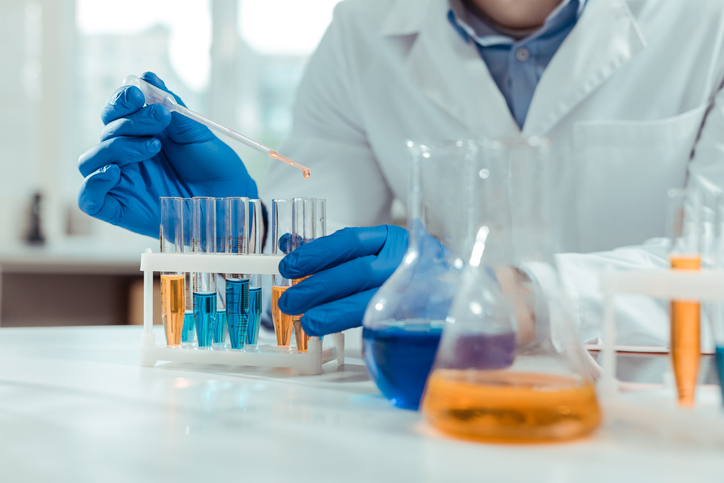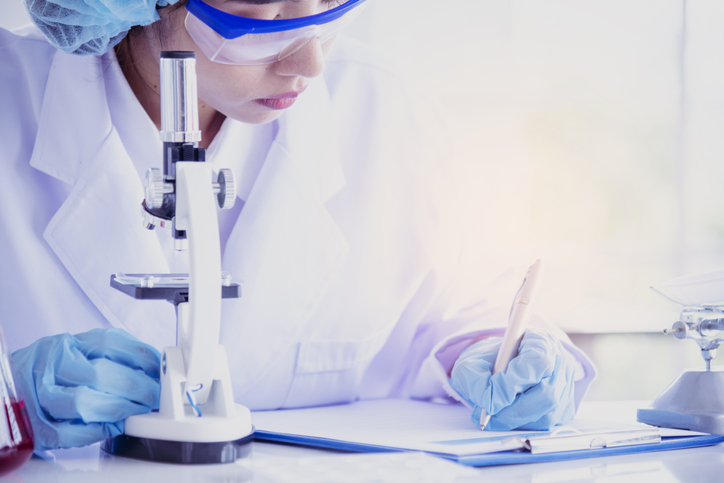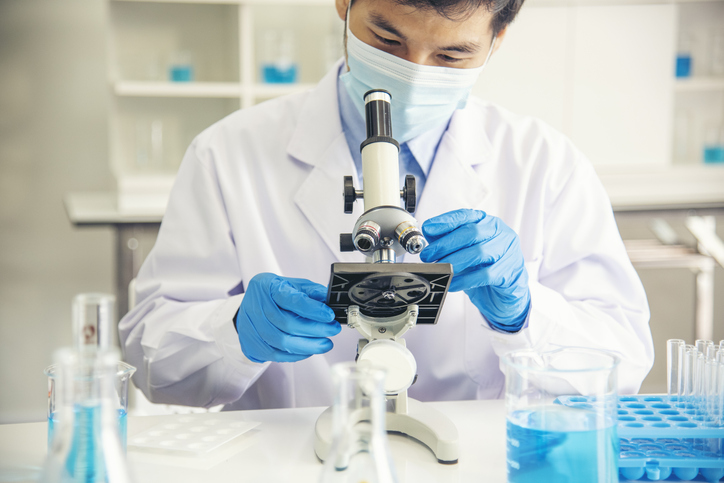
Medical laboratories provide vital test results and analyses which save lives, allowing medical professionals to obtain information that enables them to effectively treat and develop solutions for patients. However, medical laboratories wouldn’t be able to produce the accurate results that they do without performing quality assurance. Quality assurance focuses on maintaining the quality of the service or product in question, and involves developing standards of quality that must be met. Within medical laboratories, quality assurance is essential in ensuring that samples and tests are conducted accurately, and are free from any contaminants or errors that could result in serious consequences.
If you’re considering working as a medical laboratory technician, one of your responsibilities will be to perform quality assurance on the testing you conduct. Read on to discover what you should know about quality assurance before launching your career.
What is Quality Assurance? A Definition for Those in a Medical Lab Technician Program
Quality assurance refers to the implementation of a quality system that aligns processes with different goals designed to ensure the integrity of the end product. Within a laboratory, different testing techniques are evaluated by a system of quality assurance in order to obtain accurate results and detect any errors which may occur during the testing process. If you’re currently completing a medical laboratory technician program, being able to successfully implement a system of quality assurance will enable you to deliver accurate test results during your career. Implementing quality assurance is vital in keeping all testing procedures traceable and transparent, making it easier for professionals within a medical laboratory to reliably evaluate them.

The Phases of Quality Assurance
Quality assurance practices can be parceled into three different phases within a medical laboratory. The first phase is the pre-analytical phase, in which procedures are put in place to make sure that the documentation and information of the respective patient is both private and accurate. Additionally, this phase addresses the procedures that should be taken before conducting the test, such as equipping oneself with the proper personal protective equipment, including gloves and goggles, and maintaining a tidy and sanitary workspace.
In the analytical phase, the testing of the sample or specimen takes place. During this phase, standard operating procedures are followed at every step of the way – such as ensuring that no contaminants harm the sample and the temperature is kept consistent. Last is the post-analytical phase, in which the analysis of the samples is conducted with the proper equipment and calibrated according to industry standards and procedures.

Different Approaches to Quality Assurance in a Medical Laboratory
After completing a medical lab technician program, there are a number of different approaches to quality assurance that you’ll be implementing throughout your career. One approach is statistical control, in which different sets of data are analyzed to monitor the quality of the testing technique, and determine whether it’s aligned with internal and industry standards. Another approach is failure testing, in which additional pressures are applied to a product or procedure – either by increasing the temperature, the vibration, or altering another variable – in order to determine whether there are any weaknesses. These weaknesses can then be evaluated to create a higher standard for the process and enhance the effectiveness and accuracy of the results.
During your career as a medical lab technician, implementing these quality assurance methods will enable you to obtain safe and accurate results with different testing techniques. When you’re able to apply a system of quality assurance to the testing you conduct, you’ll be able to help patients to get the treatments they need.
Considering enrolling in a medical laboratory technician course?
Explore programs at Oxford College today!






